5 Terms In A Tenancy Agreement When Renting A Factory
A tenancy agreement sets out the obligations of landlords and tenants in renting a factory. Therefore, a well-drafted tenancy agreement can protect the rights of the tenants and landlords. You must understand the important terms and conditions in a tenancy agreement to prevent yourself from being exploited.
There is no rigid rule about how long a tenancy agreement should be. However, you must ensure that all of the basic terms have been covered by the tenancy agreement.
What is a Tenancy Agreement When Renting A Factory?
A tenancy agreement is a legal document. It outlines the duties and responsibilities of the landlord and the tenant during the tenancy period. It is important as it can make or break a case when there is a legal dispute between the parties. Hence, engaging a lawyer to scrutinize the tenancy agreement for you can be extremely helpful to ensure that the final version of the tenancy agreement does not contain hidden terms that may harm you in the future.
However, the legal fee may be expensive. Many Malaysian landlords opt to consult a reputable tenancy consultant who is experienced in handling the renting of a factory.
Here are a few common terms and conditions in a tenancy agreement that you must understand.
Term #1 Of A Tenancy Agreement When Renting A Factory: Amount Of Rent, Security Deposit, Other Payments
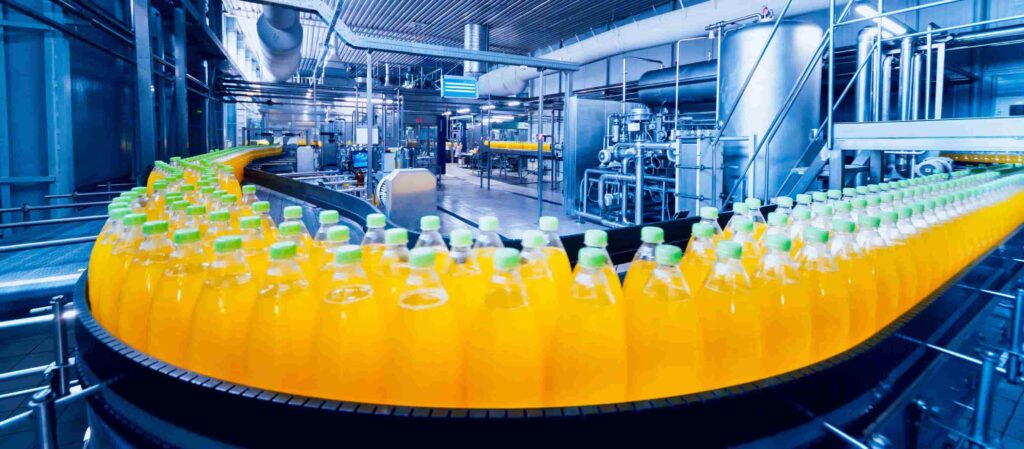
The amount of the rent is an important consideration of a tenancy agreement. The parties must ensure that all of the terms regarding the payment of the rent are the same as the amount that has been agreed to.
Not only the amount of rent but the due date of the payment of the rent must also be specified. As a rule of thumb, you can set out the payment method in the tenancy agreement to avoid disputes.
It is advisable to spell out the important details of the rent payments. For instance, if the rent is not paid on time, will there be any penalty?
Besides the rent, the amount of the deposit must be set out. Generally, the security deposit equals the sum of two months of the rent. As a tenant, you must ensure that the tenancy agreement set out clearly how and when the security deposit will be returned to you.
Term #2 Of A Tenancy Agreement When Renting A Factory: Duration Of Agreement And Renewal Criteria
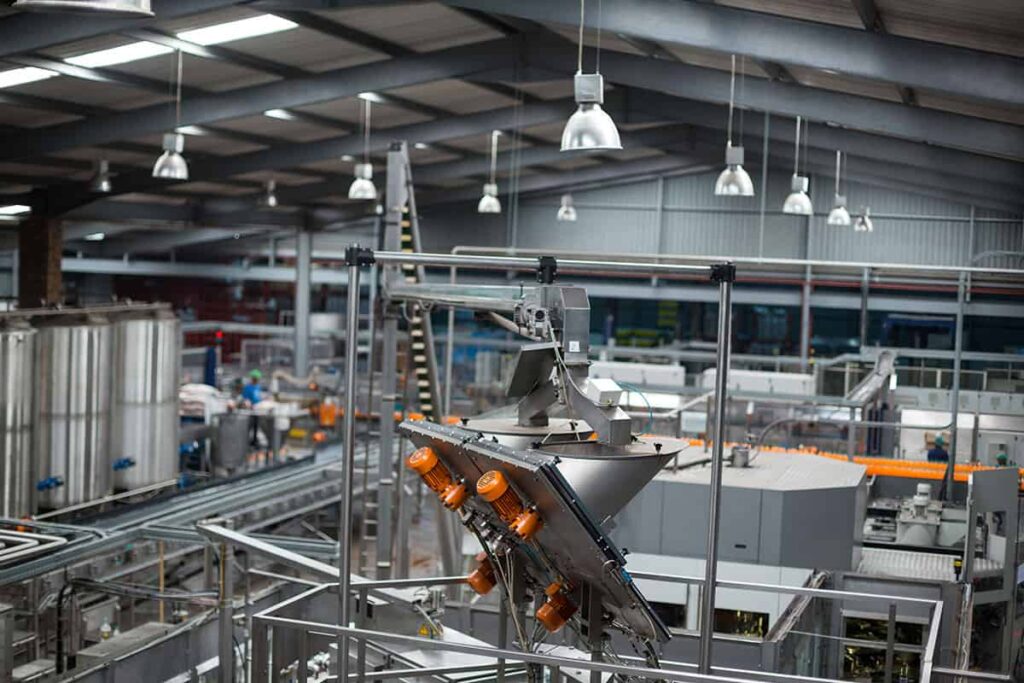
The tenure of the tenancy is the period or term of the rental agreement. The duration of the tenancy can be a fixed term or a flexible arrangement. In both cases, the tenancy agreement should state whether the tenancy agreement can be renewed. And when the landlord or tenant can terminate the tenancy agreement.
Generally, the tenancy period is on a year-by-year basis, ranging from one-year to three-year periods. If the tenure is more than 3 years, the agreement will be deemed as a lease and not a tenancy. It is advisable to specify exactly when the tenancy period starts and ends.
Many parties choose to insert a term that gives the right to the tenant to extend the tenancy subject to conditions. In such cases, the tenancy agreement should specify whether there is any increase in the rent and what are the conditions for the extension of the tenancy agreement. Taking into consideration of inflation, the tenancy agreement can state how much the rent will be increased at the time of renewal. Are there any rules for re-negotiations of the price at the time of renewal?
Term #3 Of A Tenancy Agreement When Renting A Factory: List Of Fittings, Fixtures
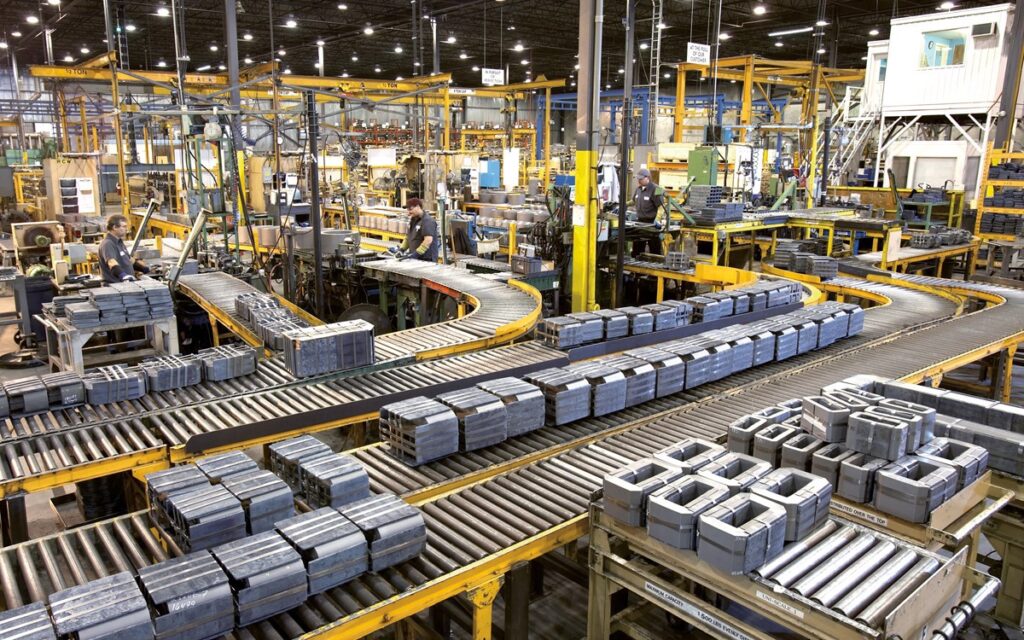
In the tenancy agreement, the description of the property must be as detailed as possible. The tenancy agreement must stipulate the property which is being rented and the portions of the property to be rented. It is advisable to indicate the fixtures, fittings, appliances, and furniture of the factory in the tenancy agreement.
This is helpful in two ways. First, this can ensure that the tenant has confirmed the existence of the items. Hence, the tenant will be liable if the items are destroyed during the tenure of the tenancy agreement. The security deposit may be retained. Second, this protects the rights of the tenants as the tenancy agreement will stipulate that those fittings and fixtures come with the rent. The tenants can utilize and enjoy the usage of that equipment without paying extra fees.
Term #4 Of A Tenancy Agreement When
Renting A Factory: Restrictions
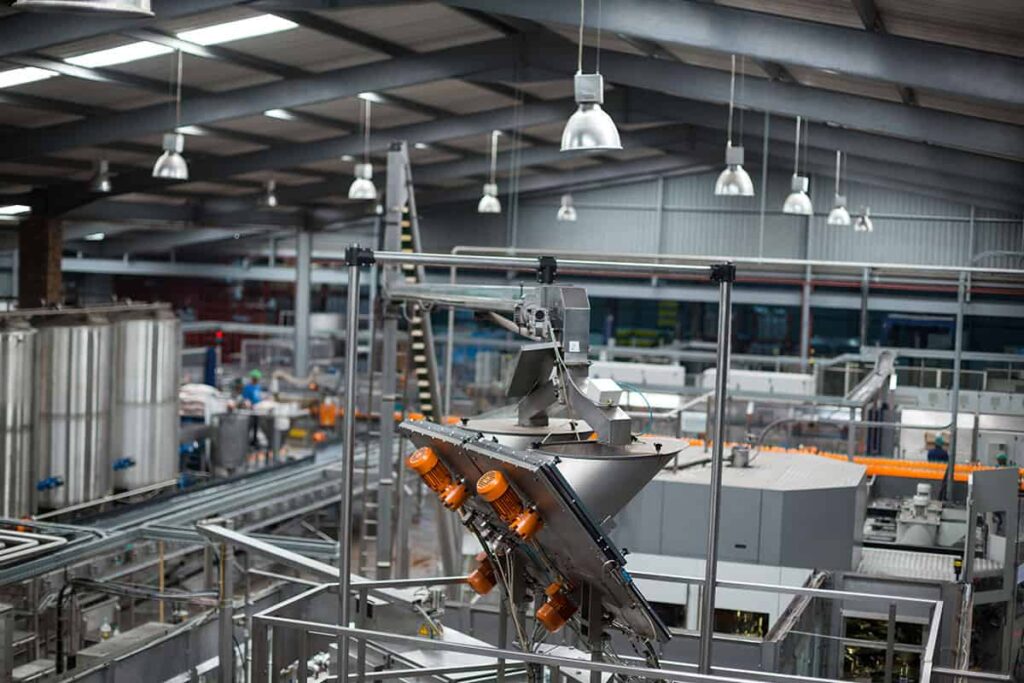
The landlords may face lawsuits if the tenants engage in disruptive behaviors which cause nuisances to the neighboring parties. To prevent that, the tenancy agreement can have an explicit clause that prohibits disruptive behavior. The disruptive behavior must be defined clearly, such as excessive noise, causing excessive air pollution, pouring chemical waste into the drains, and other illegal activity.
The landlords may also restrict the tenants from using any public amenities in the community, such as the garden, terrace, and parking.
Term #5 Of A Tenancy Agreement When Renting A Factory: Repairs and Maintenance
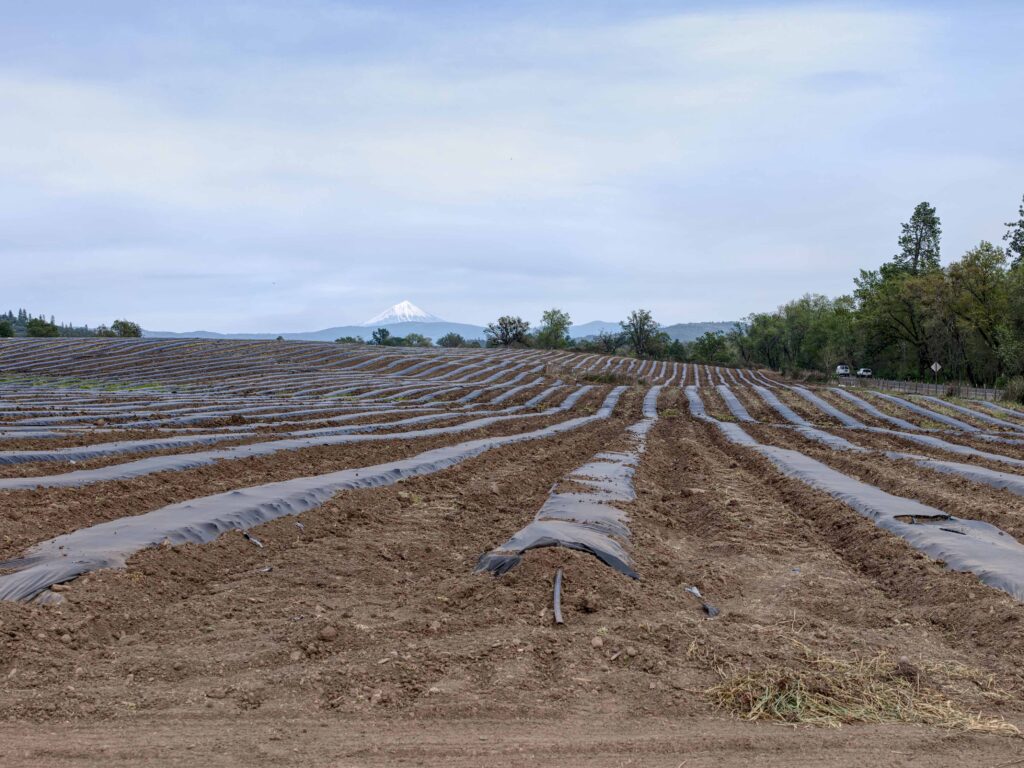
Disputes may arise when there is a need to pay for the cost of repairs and maintenance. To avoid such disputes, the tenancy agreement may include the landlord’s or tenant’s responsibilities to repair and maintain the property and the facilities on the property.
For instance, the tenancy agreement may stipulate that the tenant is responsible to pay for the damage caused by his negligence, keeping the property clean, repairing the broken equipment, and notifying the landlord if there are any defective conditions in the property.
It is advisable to include the restrictions on the alterations of the property without the landlord’s permission. The alterations that may be prohibited include installing water drainage systems, repainting the walls, and replacing the electronic appliances on the property.
Conclusion: You Need A Well-drafted Tenancy
Agreement When Renting A Factory
Creating a verbal agreement with the tenant is seemingly more convenient than having a detailed tenancy agreement. No wonder many parties have disregarded the importance of having a written tenancy agreement.
However, this will deprive the legal rights of the landlords and tenants when a legal dispute arises. It is not uncommon that the landlords and tenants have a discrepancy in their recollections of the terms and conditions of the tenancy agreement.
Prevention is better than cure. It is advisable to set out all of the seemingly mundane terms and conditions in your tenancy agreement. Feeling overwhelmed? You may contact a reputable property agency to discuss what are the terms and conditions that you should be including in your tenancy agreement when renting a factory.
Contact Us

I hope you all find this article helpful. Els Factory provides a one-stop solution for Johor factory and land seekers, including built-to-suit warehouse solutions, and offers a comprehensive list of for-sale and rental factories and land.
Els factory has served over 300+ Businesses, with 30 years of experience in Industrial Real Estate Consultancy. With our industrial knowledge and years of experiences in selling or renting factories in Johor, our professional team are providing professional advises and solutions for you.
To Buy & Rent Johor Factory, Warehouse & Land, especially for MNCs looking to set up businesses in Johor, click here to contact us!













